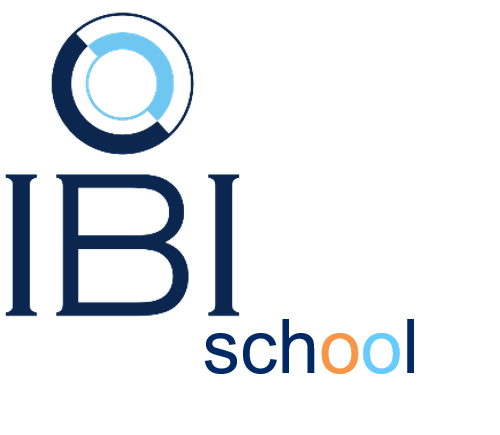In order to support pathways, classroom instruction needs to focus on each learner and adapt according to their needs. By personalizing classroom instruction students will learn in ways that work for them, focusing on their skills and personal interests.
Through this kind of classroom instruction teachers can support students as they complete a pathway. To help teachers develop and adjust their classrooms for more personalized learning and instruction, IBI provides support for teachers with the following:
Assessment Literacy
Helps educators understand how to produce high-quality achievement data; teachers evaluate the data and know how to use the data to move learning forward.
Formative Instructional Practices
Formative Instructional Practices are the formal and informal ways that teachers and students gather and respond to evidence of learning. These practices help students become a true partner in the teaching and learning process.
Project-Based Learning
In Project Based Learning (PBL), students go through an extended and rigorous process of inquiry in response to a complex question, problem, or challenge. Students learn key academic content while practicing collaboration, communication, and critical thinking.
At IBI School, we understand that project-based learning is the golden key to discover and develop a student’s strengths or potentials. So, IBI outdoor learning program was integrated into our online English training curriculum to enhance students’ skill development through projects. This gives our teachers a chance to observe and realize the strengths of each student, helping them reach potentiality.
A new generation of schools are blending the best of personalized learning and project-based learning to address these challenges. They value deeper learning and development of success skills (growth mindset and social emotional learning) and track competency in all outcome areas. They use a variety of grouping and scheduling strategies to offer a rich and varied learning experience. They provide customized supports to build individualized skill fluency to allow students with learning gaps to fully engage in challenging projects.
Student Motivation
Motivation is key to the learning process. It is the process that initiates, guides and maintains goal-oriented behaviors, like mastering a new skill or concept in the classroom.
Contributor: Robin Nguyen



